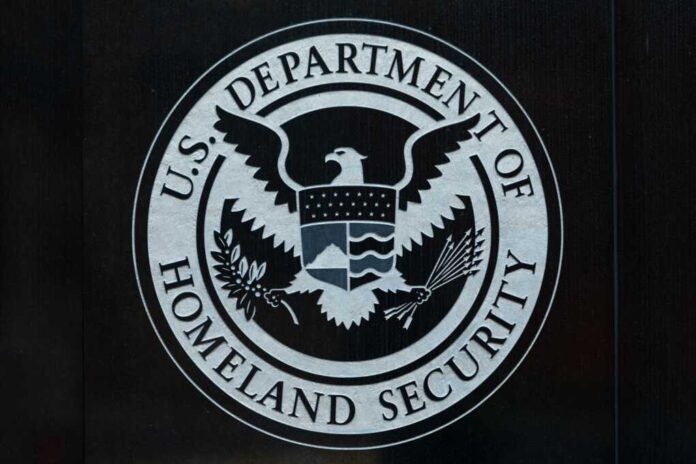
A Maryland federal court is at the center of a legal battle involving the deportation of Kilmar Abrego Garcia, with the Trump administration invoking state secrets privilege to withhold information, raising questions about due process and governmental transparency.
At a Glance
- Kilmar Abrego Garcia was deported to El Salvador despite a 2019 court order barring his removal.
- The Trump administration invoked the state secrets privilege to block details of the deportation.
- A federal hearing is set for May 16 to resolve privilege claims and possible contempt motions.
- Garcia is alleged to have MS-13 ties, though no U.S. charges have been filed against him.
- The case stirs debate over executive authority, secrecy, and immigration due process.
Legal Battle for Clarity
Attorneys for Kilmar Abrego Garcia have requested sworn testimony from top officials in the Departments of Homeland Security, Justice, and State over his March 2025 deportation. Despite a 2019 court order explicitly protecting Garcia from removal due to alleged threats in El Salvador, he was flown out without prior court notification.
The Trump administration is now shielding those details under the state secrets privilege, a rarely used legal doctrine that permits the government to withhold sensitive information if disclosure poses national security risks. U.S. District Judge Paula Xinis has scheduled a critical hearing for May 16, where she may consider contempt proceedings against federal officials who ignored the standing order.
Watch a discussion: Legal experts weigh in on state secrets privilege.
MS-13 Allegations and Political Undertones
Garcia has long been linked—though never formally charged in the U.S.—with MS-13 gang activity, a label DHS officials cite to justify his removal. DHS Secretary Kristi Noem declared, “Kilmar Abrego Garcia is a citizen of El Salvador and should never have been in this country, and will not be coming back.” Critics view this language as theatrical and worry it masks a troubling erosion of civil protections.
Garcia’s legal team argues that invoking MS-13 allegations without charges serves a political narrative more than a judicial one. In their court filings, they accuse the administration of using deportation as a “prop in a political publicity stunt,” raising questions about constitutional rights and the limits of executive power.
Broader Implications for Due Process
The case reflects larger concerns about U.S. immigration enforcement tactics. Muhammad Elsayed, counsel for another deportee with similar allegations, stated, “No one in America should have to wonder whether they will be afforded their basic due process rights when they are detained by the government.” He added that no one should “live in fear that they may be forcibly disappeared to a foreign autocracy in the middle of the night.”
These concerns echo broader criticisms from legal scholars and human rights groups, who argue that government overreach in immigration cases is escalating under cover of national security. The USA Today and Fox News have reported growing legal pressure on DHS to justify its deportation actions, especially where judicial orders were ignored.
A Fight Between Secrecy and Justice
Whether the Trump-era deportation of Kilmar Abrego Garcia was an illegal act or a legitimate security decision remains to be seen. But as the court moves toward a possible ruling on contempt and demands for transparency grow louder, the case may well redefine the limits of state secrecy—and how far any administration can go in the name of national security.





























